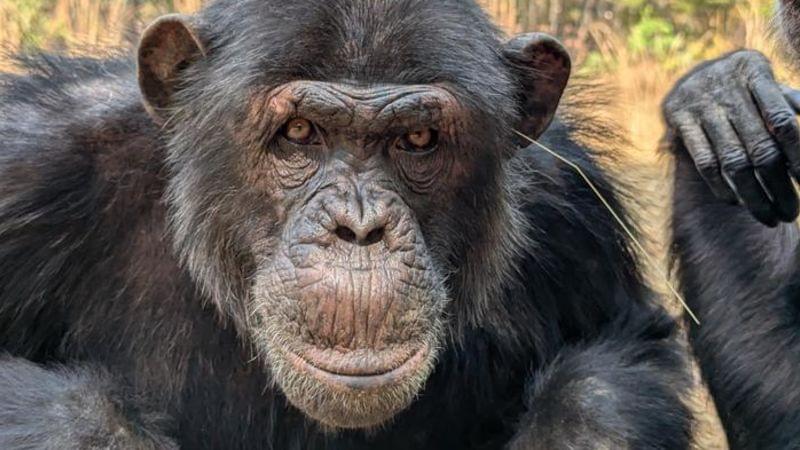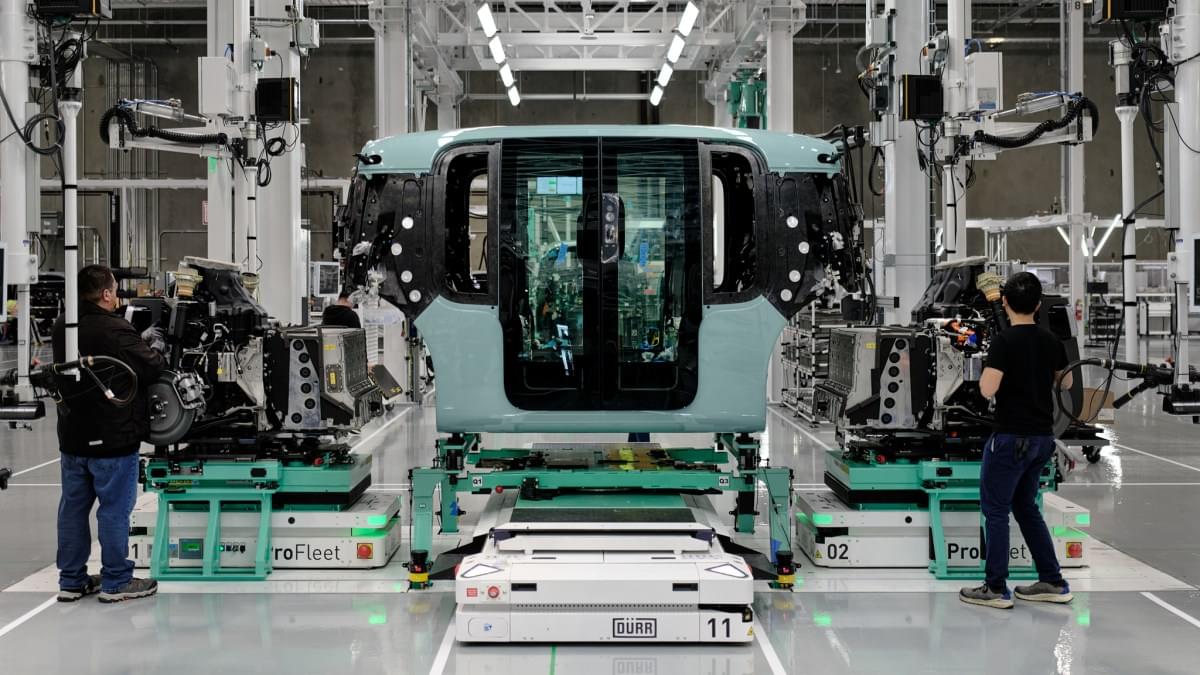Van Leeuwen also cited the example of a group of chimpanzees at a zoo in the Netherlands in which one female started walking as if she were carrying a baby even though she wasn’t.
Soon, all of the females had adopted this walking style, he said. In addition, when two new females were brought into the group, the one that adopted the style swiftly was integrated quickly, whereas the one that refused to walk in the group style took longer to be accepted.
For Van Leeuwen, these behaviors are about fitting in and smoothing social relationships, just as with humans.








